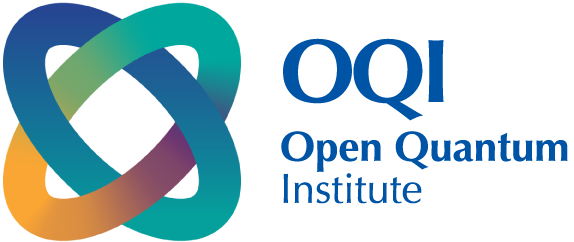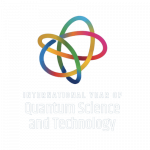Quantum Pangenomics
Using a quantum optimisation approach in a hybrid classical-quantum method to tackle computationally intensive problems in genomics and pangenomics, including tangle resolution, phylogenetic tree construction, and efficient genomic data encoding using MPS- and ML-based approaches.
OWNER
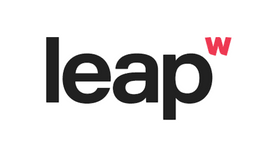
QUANTUM APPROACH
Optimisation
SDGs
CONTRIBUTORS
University of Cambridge
University of Oxford
Wellcome Sanger Institute
European Bioinformatics Institute | EMBL-EBI
Kyiv Academic University
ORIGIN OF CONTRIBUTORS
HOW COULD QUANTUM HELP:
Complex problems such as genome assembly and the construction of phylogenetic trees could be optimised in a hybrid quantum-classical framework, enabling promising quantum speedups with emerging technology. These speedups could be further achieved by including scalable quantum data encoding algorithms that support the storage and manipulation of significant amounts of genomic data, along with faster algorithms for genome assembly, phylogenetic tree inference, and in tangle resolution and phylogenetic tree construction. One of the main aims would be to test the algorithms’ performance and ability to resolve parts of the genome graph that are classically intractable. In doing so, a deeper insight into performance at scale would be gained, where resulting advances have the potential to unlock transformative health benefits that depend on large-scale genomic analysis.
